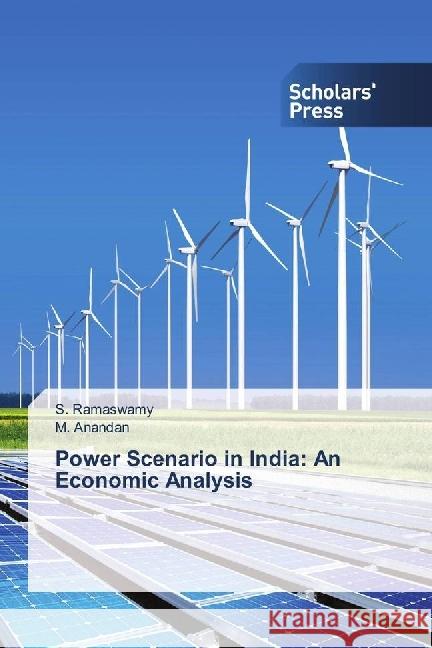Power Scenario in India: An Economic Analysis » książka
Power Scenario in India: An Economic Analysis
ISBN-13: 9786202303484 / Angielski / Miękka / 2017 / 140 str.
Electricity is a critical component as well as determinant of a nation's development. It is most widely used in industry, agriculture, domestic and commercial sector. It has become an inevitable necessity influencing every aspect of life and forming an increasing proposition of consumption, particularly in developing countries. India is the fourth largest consumer of energy in the world after USA, China and Russia but it is not endowed with abundant energy resources (Anandan and Ramaswamy, 2014). Energy is an essential commodity for most human activities, directly as fuel or indirectly to provide power, light, mobility the needs and consumption of energy (electricity) has been increasing day by day and its demand has been increasing at highest rate in all over the world . The main issues that have to be considered in rural electrification are the potential conflicts with water-land use and their impact on the rural environments. In these contexts, several macro energy policies along with implementation of wide range of programmes on Renewable Energy Technologies (RETs), have make significant contribution in progress and achievement in rural electrification in India.











